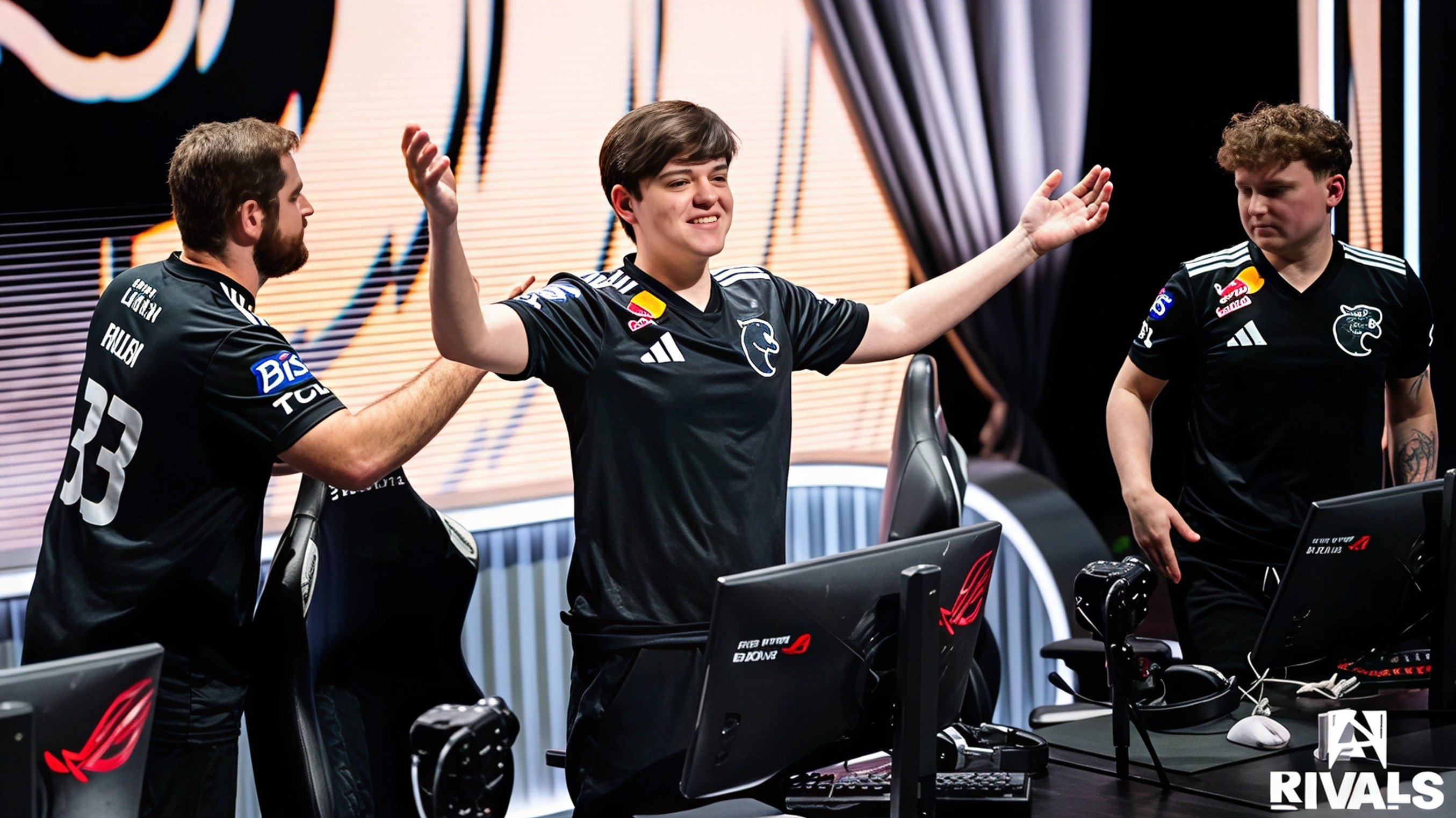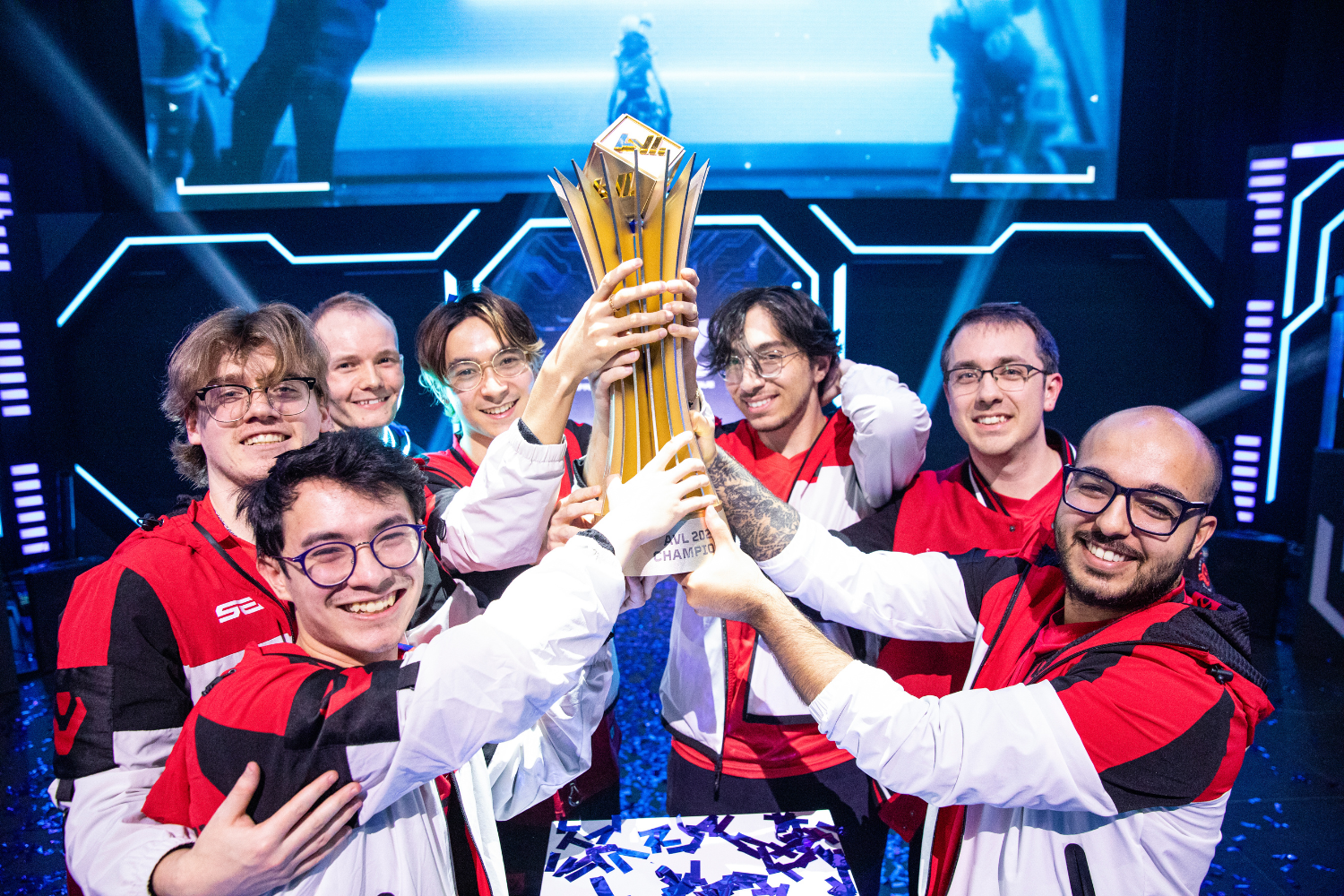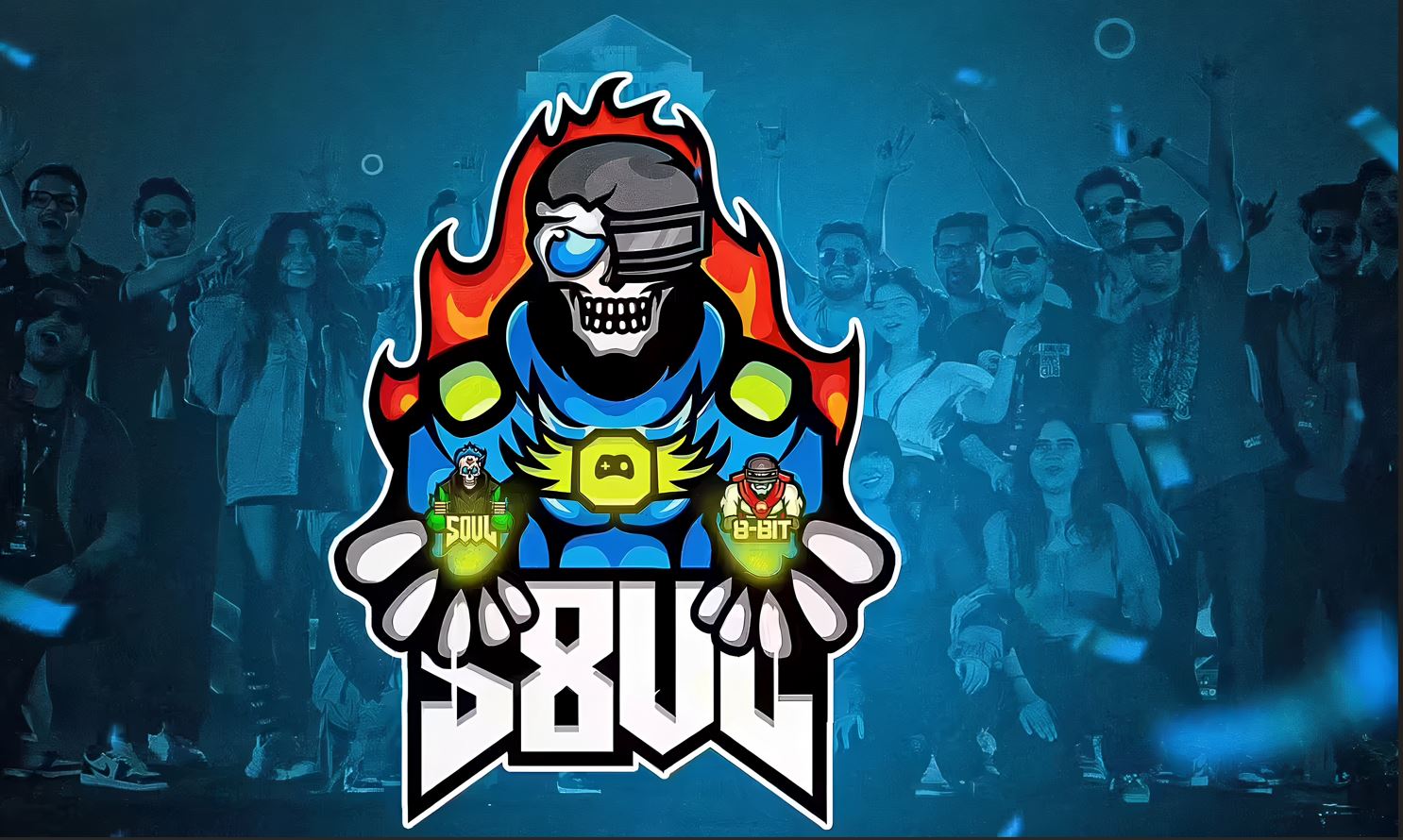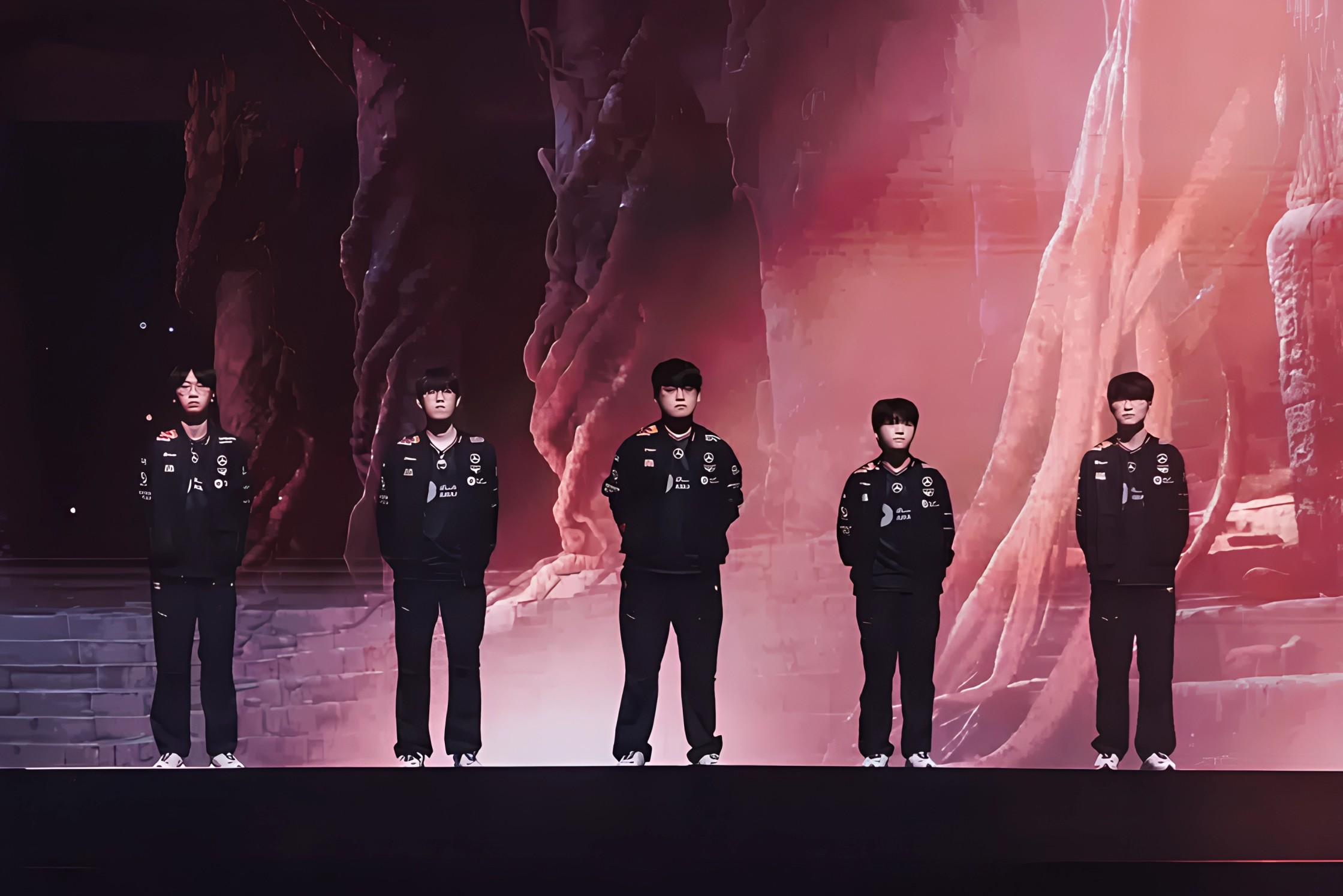Riot Games has recently expanded the use of its Vanguard anti-cheat system to League of Legends, a move that has stirred controversy among the gaming community, particularly among Windows users. Originally implemented in Valorant, Vanguard has been both praised for its effectiveness and criticized for its deep integration into users' systems.
Key Points of the Update:
1. Vanguard Anti-Cheat System:
- League of Legends players on Windows are now prompted to install Vanguard, which has been controversial due to its kernel-level access requirements. This deep level of system access allows the software to operate continuously, raising privacy and security concerns among players.
2. Compatibility and Bug Issues:
- Since the release of version 14.9, which includes Vanguard, Riot has faced complaints regarding bugs and compatibility issues. The company reports that only a small fraction (less than 0.03%) of players have reported errors, which were mostly resolved using known troubleshooting methods.
3. TPM 2.0 Requirement for Windows 11:
- Riot is enforcing a TPM 2.0 requirement for players running Windows 11, aligning with the operating system's own security protocols. This has led to minor backlash as some players have bypassed this requirement, but Riot maintains that it's a non-issue for the majority.
4. Impact on Linux and macOS Users:
- Linux users running the game through Wine will encounter difficulties as the new anti-cheat system is not supported on Linux. Riot does not currently support Linux natively but hasn't ruled out future support. macOS users, on the other hand, are not required to install Vanguard as cheating issues on macOS have not reached a critical level.
5. False Positives and Player Bans:
- Riot addresses concerns about false positives by noting that most ban appeals are from players who have either cheated, used boosting services, or had malicious software detected by Vanguard. The system allows for appeal processes, although Riot seems confident in the accuracy of Vanguard's detections.
6. Anti-Cheat Effectiveness:
- According to Anti-Cheat Police reports, Vanguard has significantly reduced cheating in League of Legends. Prominent cheat programs such as Elysium, Oasys, and Zeitgeist are reportedly ceasing development due to the effectiveness of the anti-cheat measures.
Community Reactions and Concerns:
The community has expressed mixed reactions to these developments. While some applaud the stringent measures to curb cheating, others are concerned about privacy, the potential for system instability, and the lack of support for Linux users. The debate centers around the balance between effective cheat prevention and user rights, particularly regarding system access.
Looking Forward:
As Riot continues to refine its anti-cheat strategies, the company may need to address the community's concerns more directly, possibly adjusting how Vanguard operates or enhancing transparency about its functionality. Meanwhile, players are encouraged to stay informed through Riot’s official communications and update logs to understand how these changes may affect their gameplay and privacy.











